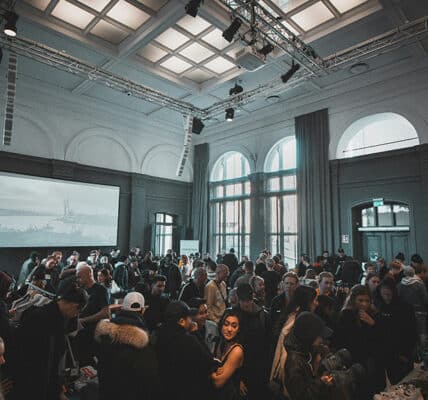
If there’s a way to make money off the internet, someone will find it. I worked in the radio and television industry when I was younger, and learned through real world experience that the rules between aspiring artists and media/data owners work differently.
Spotify is a music streaming platform we all know. It pays artists a very tiny percentage of royalties based on their song streams.
Now let’s say we all find out that Spotify has been commissioning producers to create tracks that fit certain moods and themes, then putting them in popular playlists that generate millions of streams. This gives Spotify its own extra income stream, plus the convenience of putting its own music on more popular playlists and pushing the small artist out (which means paying less royalties out to artists).
Another opportunity that magically presents itself is the convenience of getting paid by curators from third party companies who offer song reviewing services to artists. Paid placement has been a real thing since the music business began, and it’s not going away. It’s considered unethical, but it happens.
The truth is that controversy over fake artists online has been stewing since the mid 2000s. Marketing your music and establishing yourself as an artist is hard enough as it is. Add the way the most powerful companies in the business—the data and analytics majors—operate.
Where your numbers come from
There is an underlying allowance for fake streams and sales numbers through purchased boosting, and it trickles down from the top data companies.
Companies like Billboard, for example, are owned by PMZ corp, which owns most music media data. It’s an analytics provider for the entire music industry. PMZ used to be MRC Data, which later joined with Penske Media and became rebranded as Luminate. Luminate is one source of all the numbers you see on Spotify streams as well as every other major platform out there. It also owns Hollywood Reporter, Variety, Rolling Stone, Robb Report, Vibe and many others. If you pay attention, you’ll notice streams don’t match ticket sales. The reason is paid placements, boosting services, and “fake artist playlists”.
If we really dive into this fake artist thing, we start to see they’re not fake at all. These are real people making real music and getting paid for it, just like any other job. The music is not A.I. generated. It’s real. It’s just composed to fit specific requirements that have already been determined by data companies who have the skinny on what people are listening to more often. It’s tailored to make money.
While it’s unfair and undermines a lot of “real” artists out there trying to make a name for themselves, it’s also got the potential to offer some extra employment to those same artists. Composing Lo Fi Lounge Muzak is not restricted to producers cranking out easy listening to pay the rent. Anyone can do it. This is where a change of attitude comes in. We can either stay angry about the way the industry is going, or we can learn to adapt. It doesn’t mean we have to give up our art, either. It can actually provide a little financial safety net as we move forward. Now this is not the same thing as AI generated music pushed by bots.
In 2023 (and we’re hitting a new year soon; time’s not moving any slower), labels are not going to come to a new artist until that artist has established themselves already. I’ve known a few rap artists who have taken advantage of that by using the system long enough to get their numbers up, draw attention, then cut the cord and go organic when they’ve got a good foothold.
The public demonizes Spotify the most for false artists and playlist numbers, but Sony and Universal are doing it too. And as long as we have the internet, we will have ways to get around and manipulate algorithms. Most of the time, it has to be done through the bigger music and analytics kings who can afford to push their own bill.
It doesn’t do much good to complain about change. Instead, why not look at it from another perspective and learn how to use it advantageously?
Ref: Ingham, Spotify Is Making Its Own Records Ingham, 2016 Music Business Morldwidehttps://www.musicbusinessworldwide.com/spotify-is-creating-its-own-recordings-and-putting-them-on-playlists/




